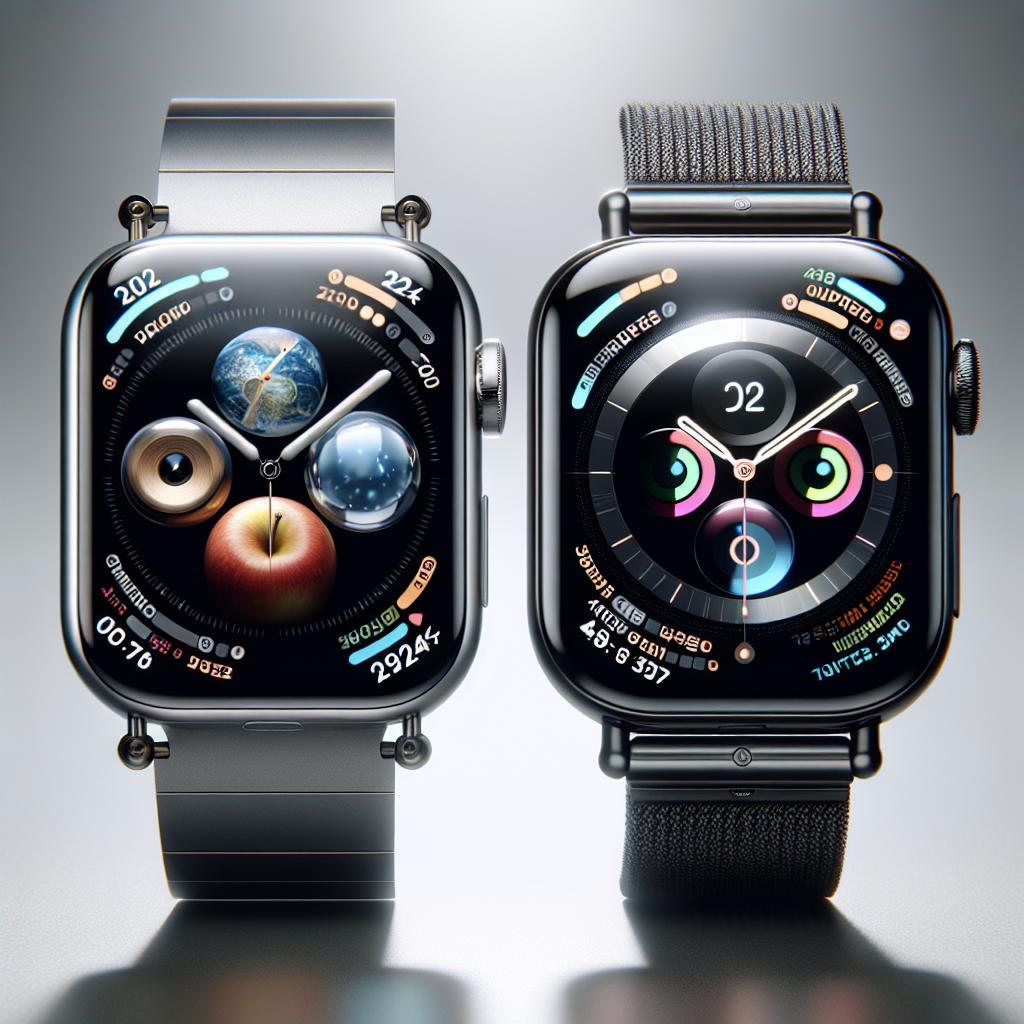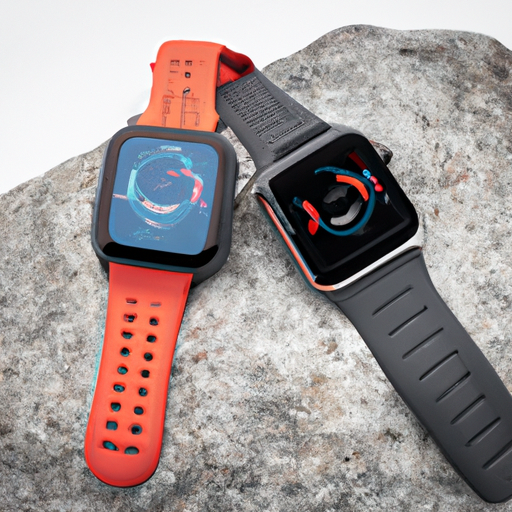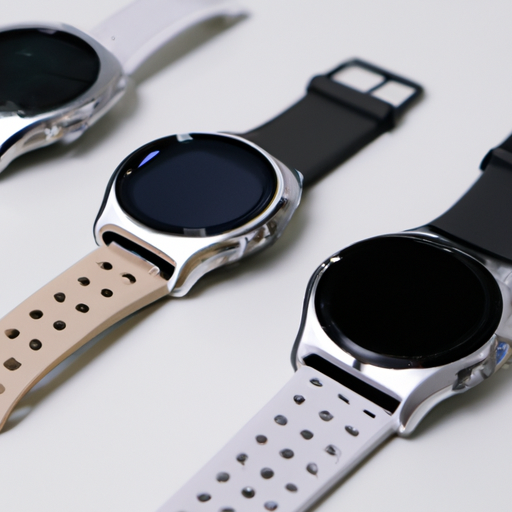Introduction: The Battle of Smartwatches in 2024
In the ever-evolving world of wearable technology, two giants stand at the forefront: the Apple Watch and the Samsung Galaxy Watch. With each brand releasing new models packed with advanced features, consumers are faced with a crucial decision: Which smartwatch is best suited for their needs? This in-depth comparison of Apple Watch vs Samsung Galaxy Watch explores everything from design and display to fitness tracking, battery life, and ecosystem compatibility. Whether you are an iPhone enthusiast or an Android devotee, this guide will help you make an informed choice for your wrist in 2024.
Design & Display: Style Meets Functionality
Apple Watch continues its legacy of a rectangular display with smooth curves and a premium, minimalist finish. Its Digital Crown and customizable bands offer both style and practicality. The latest Apple Watch Series 9 boasts a Always-On Retina display that is brighter than ever for optimal outdoor visibility.
In contrast, the Samsung Galaxy Watch features a classic round AMOLED display reminiscent of traditional watches, paired with a tactile rotating bezel for easy navigation. The Galaxy Watch 6 highlights durability with sapphire crystal glass and a robust stainless steel or aluminum case.
- Apple Watch: Rectangular, modern aesthetic, multiple case sizes, exclusive colors.
- Samsung Galaxy Watch: Circular, timeless look, customizable watch faces, rotating bezel.
Both watches offer water resistance, stunning color options, and interchangeable bands, ensuring there’s a style for every user.
Features & Performance: The Power Within
The Apple Watch is powered by the latest S9 SiP processor, delivering seamless performance and faster app launches. It integrates tightly with watchOS, providing a smooth user experience, haptic feedback, and voice assistant (Siri) capabilities. Features like ECG, blood oxygen monitoring, and fall detection set the bar for health tracking.
On the other hand, the Samsung Galaxy Watch leverages the Exynos W930 chipset and the new Wear OS (co-developed with Google). The Galaxy Watch excels in body composition analysis, sleep tracking, and SpO2 monitoring. With Bixby and Google Assistant support, multitasking is effortless.
| Feature | Apple Watch | Samsung Galaxy Watch |
|---|---|---|
| Operating System | watchOS 10 | Wear OS 4 |
| Processor | S9 SiP | Exynos W930 |
| Voice Assistant | Siri | Bixby, Google Assistant |
| Health Sensors | ECG, Blood Oxygen, Heart Rate, Fall Detection | ECG, SpO2, Body Composition, Sleep Tracking |
Fitness & Health Tracking: Your Personal Wellness Coach
When it comes to fitness tracking, both smartwatches are at the top of their game. The Apple Watch seamlessly integrates with the Apple Health ecosystem, offering comprehensive activity rings, guided workouts, and in-depth metrics for running, cycling, and swimming. Its advanced heart rate monitoring and irregular rhythm notifications are trusted by millions.
The Samsung Galaxy Watch excels in body composition analysis (BIA sensor), measuring body fat and muscle mass directly from your wrist. It provides detailed sleep reports, snore detection, and stress tracking, making it a holistic health companion. The Samsung Health app is robust and compatible with a wide range of Android devices.
- Apple Watch Fitness Plus: Guided workouts and personalized coaching.
- Galaxy Watch Auto Workout Detection: Automatically tracks 90+ activities.
Both devices offer GPS tracking, waterproofing for swimming, and third-party fitness app support.
Battery Life & Charging: Going the Distance
Battery performance is a key factor in the comparison of Apple Watch vs Samsung Galaxy Watch. The latest Apple Watch typically offers around 18 hours of battery life on a single charge, with fast charging bringing it from 0% to 80% in about 45 minutes.
The Samsung Galaxy Watch shines in this department, with up to 40 hours of battery life (depending on usage and model) and similar fast-charging capabilities. For users who prioritize longevity, the Galaxy Watch may be more appealing.
Tip: If extended battery life is crucial for your lifestyle, especially during travel or long workouts, the Galaxy Watch offers a clear advantage.
Compatibility & Ecosystem: Connecting with Your Digital Life
The Apple Watch is designed to work exclusively with iPhones, leveraging seamless integration with iOS, Apple Pay, and the App Store. This makes it the perfect choice for users deeply invested in the Apple ecosystem.
The Samsung Galaxy Watch, while optimized for Samsung Galaxy phones, also works with most Android devices, and offers limited support for iOS. It features Samsung Pay, Google Play Store apps, and tight integration with Galaxy Buds and other Samsung products.
If you value cross-platform compatibility, the Galaxy Watch has the edge. However, for iPhone users, the Apple Watch remains unmatched in integration and functionality.
Price & Value: Which Offers More for Your Money?
Pricing can vary depending on the model and features. Generally:
- Apple Watch Series 9: Premium pricing, starts higher than most competitors, but retains strong resale value and frequent software updates.
- Samsung Galaxy Watch 6: More competitive pricing, offers excellent value for its features, and is frequently bundled with Samsung promotions.
Both brands offer LTE models for standalone connectivity, as well as GPS-only versions for those on a budget.
Related Terms and LSI Keywords Explained
Throughout this comparison of Apple Watch vs Samsung Galaxy Watch, several related keywords and phrases arise, including: smartwatch comparison, wearable technology, fitness tracker, iOS compatibility, Android smartwatch, heart rate sensor, health monitoring, battery performance, app ecosystem, and wrist wearable device. These terms reflect the diverse factors influencing your choice between these two leading smartwatches in 2024.
Conclusion: Apple Watch or Samsung Galaxy Watch?
Choosing between the Apple Watch and the Samsung Galaxy Watch ultimately comes down to personal preferences, smartphone compatibility, and feature priorities. If you are an iPhone user who values seamless integration, advanced health metrics, and a polished app experience, the Apple Watch is the logical choice. If you desire cross-platform support, longer battery life, and a traditional watch design, the Samsung Galaxy Watch stands out.
Whichever path you choose, both devices are excellent investments in health, productivity, and style—delivering the best that wearable technology has to offer in 2024.



